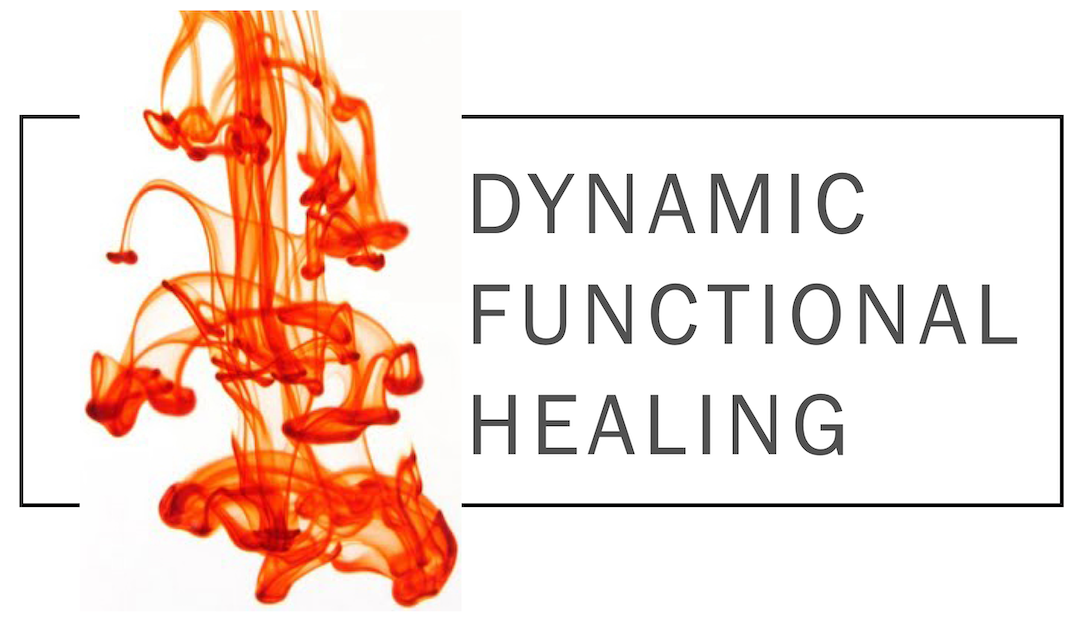We have all lamented over the sad state of affairs in terms of our health care and informed consent. Most often we are not given a full disclosure of our treatment options. This may be because the practitioner doesn't know of other options, doesn't "believe" in the other options (paternalism) or doesn't offer the other options at that facility and they don't want to send business away. Sometimes, informed consent amounts to strong-arming. A friend of mine, recently diagnosed with stage 1 endometrial cancer, asked about her treatment options and she was told, "Surgery. Or you die." (She opted to not have the surgery. She pursued other treatments and six months later she is cancer free, with her hormones intact.) Another friend was fired from her nursing position at a community clinic for spending time with patients getting informed consent. She had been warned twice to "just get signatures".
Informed consent, with all of its supposed good intentions, is paternalistic. It tells the patient, "Here's what you need to know and here's what you need to agree to." The decision making about what was important to communicate and how that communication proceeds was already selected by the practitioner, or the State, or the facility or, most likely, all of the above. The patient just has to listen to it and agree. Sign right here. It's paternalistic and it streamlines patients into ready-made treatment options approved by the powers that be. People who are adamant about licensing and standard of practice are prone to this type of arrangement. Within this paradigm, the patient is the responsibility of the practitioner, the State and the facility. Lawsuits are the remedy of failures of this system and practitioners and facilities organize and operate accordingly. I argue that this is one of the dynamics that has caused our health care crisis.
Informed decision making, on the other hand, is a different process altogether. It allows for communication and healing to be a process in which the patient must take part. The patient must give thought to what is important to her and take action in navigating her decision making. Passivity is not encouraged, relationships are valued over paperwork or mandates and people are truly allowed to make decisions, even decisions that are not popular with the dominant culture (yes, medicine is a culture), yet still be supported. People who are adamant about choice and evidence-based practices prefer this arrangement. Within this paradigm, the practitioner and the facility are the responsibility of the patient and the State is mostly left out of the arrangement. Consumer voting (ie: finding a different practitioner) or mediation are the strategies of dealing with disappointment.
Most people concur that the latter paradigm is superior for managing intimate/marital relationships, parenting and education. But many fail to understand that choosing how one treats one's body through one's health care decisions is as personal as deciding what you eat, who/how you love and how you parent. Only in taking back our responsibility as patients can we reclaim our power and own our bodies; this is critical in rehabilitating our health care system.
